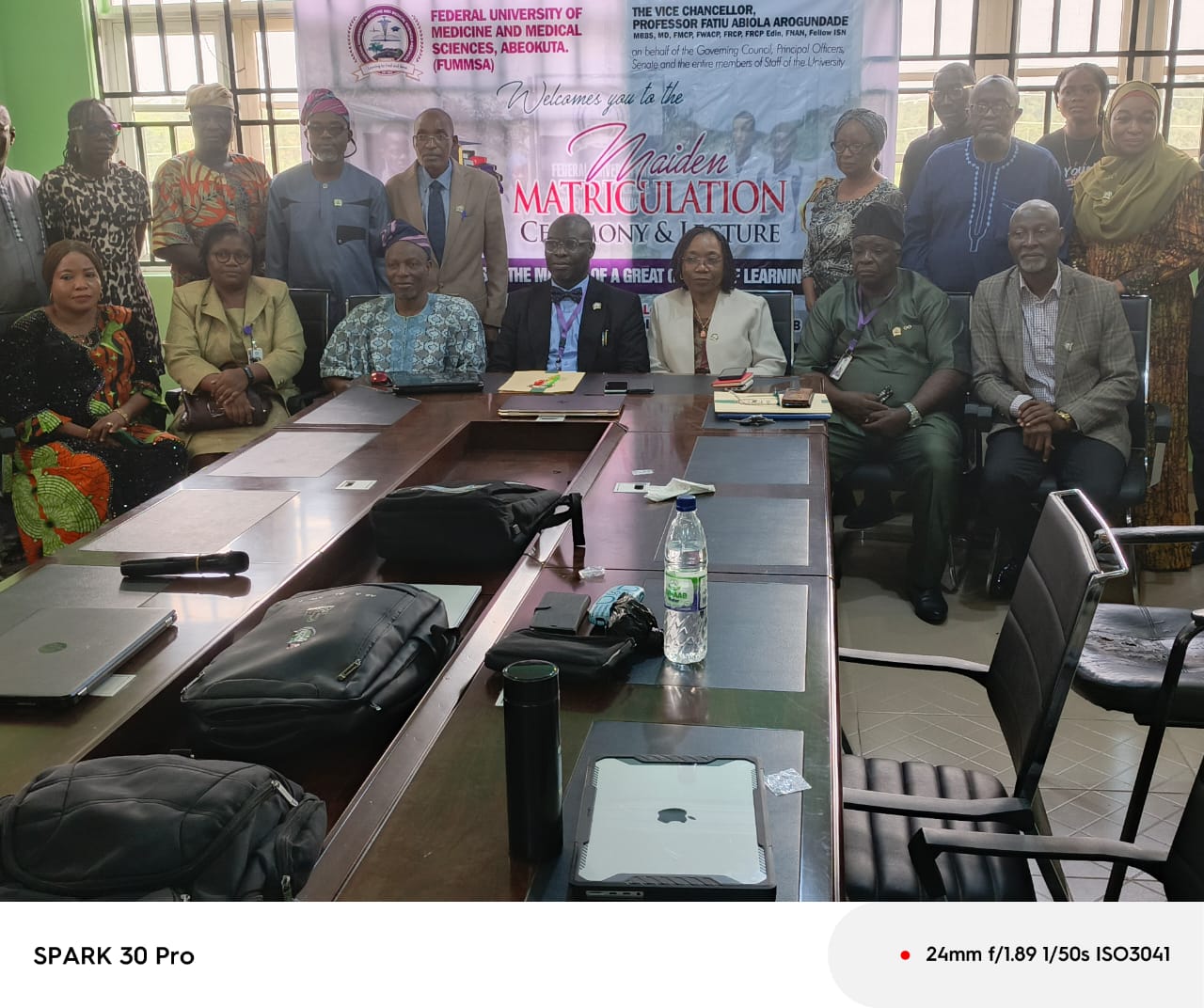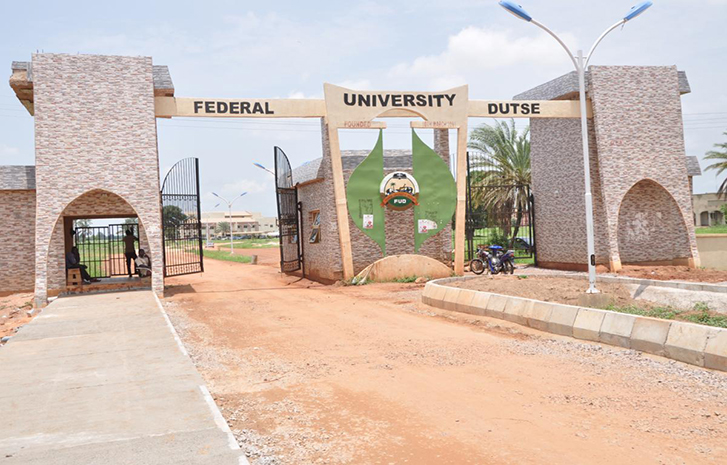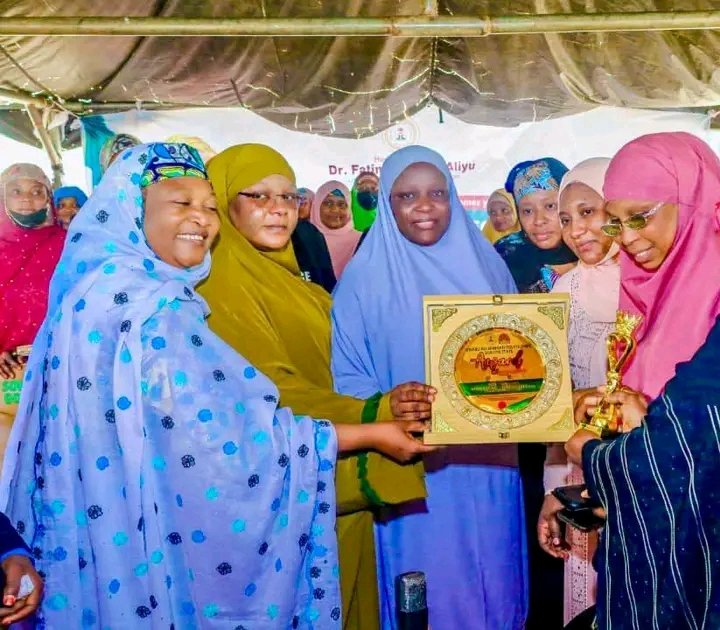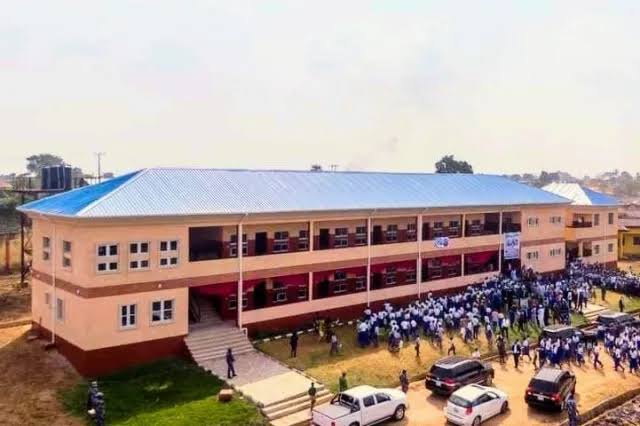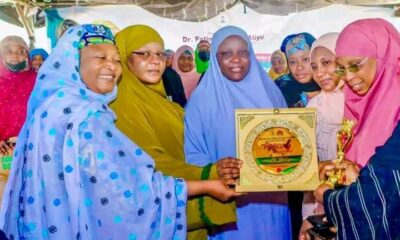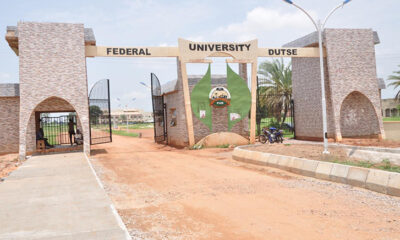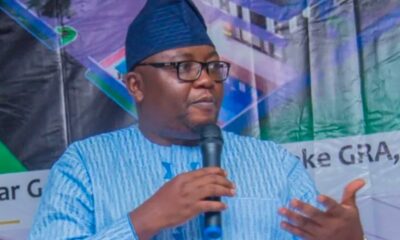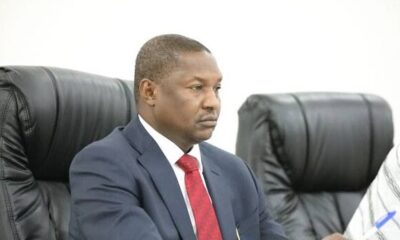The Vice-Chancellor of the Federal University of Medicine and Medical Sciences, Abeokuta, Prof. Fatiu Arogundade, on Tuesday, called for the support of public-spirited individuals and corporate organisations to enhance the growth of the university, which began operations about five months ago.
Arogundade said the cost of funding a university is huge and should not be left for the government alone to bear.
The Vice-Chancellor praised President Bola Tinubu for establishing specialised universities of medical sciences across the six geopolitical zones, explaining that the initiative would significantly increase the production of manpower needed to strengthen qualitative healthcare delivery across the country.
He added that the intervention would also help to reduce the impact of the Japa syndrome due to the expected rise in the number of health workers the specialised universities would produce annually.
Arogundade stated this at a briefing held to announce the university’s forthcoming maiden matriculation scheduled for Thursday.
The VC said that after successful resource verification, the institution was awarded a carrying capacity of 1,000 students based on available resources, and that over 850 pioneer students, admitted through the Joint Admissions and Matriculation Board, would be formally inducted into the university on Thursday during its maiden matriculation.
He stated that the university currently runs programmes such as Nursing Science, Medicine, Biology, Microbiology, Biochemistry, Pharmacy, and Medical Laboratory Science, among others.
He added that the university, which commenced operations about five months ago, is currently using the campus of the Federal University of Agriculture, Abeokuta, as its temporary site, with plans to move to its permanent 170-hectare site at Ajibayo town along the Idi Aba–Ajebo Road, which is under construction.
Arogundade disclosed that relevant regulatory bodies — including the National Universities Commission, Medical and Dental Council of Nigeria, Nursing and Midwifery Council of Nigeria, and Pharmacy Council of Nigeria — have, however, required that the permanent site be reasonably developed for academic activities in the next few months in order to secure accreditation for its eight faculties within the next two years.
He explained that while the university has enjoyed tremendous support from the federal and state governments, as well as prominent indigenes, a great deal still needs to be done to ensure the rapid growth and development of the institution.
Arogundade said, “There is a lot more support that is urgently needed to secure a fully functional FUMMSA, as envisioned by the distinguished sons and daughters of Egbaland, Ogun State, and Nigeria.
“There is no gainsaying the fact that the Federal Government of Nigeria cannot alone shoulder the enormous cost of providing all requisite facilities for a specialised university.
“In this light, the university will welcome endowments, donations, and facilities or equipment, which may be named after the donor if desired. Meanwhile, the hostels will be developed through a public-private partnership model, and this will be advertised shortly.”
He explained that at FUMMSA, the management believes that medical education is not merely the transmission of skills but a fusion of intellect, empathy and innovation.
The VC said the university’s mission is to foster and train competent healthcare professionals equipped to respond to national and global health challenges through appropriate, creative and technology-driven solutions.
The university also strongly believes that “every programme, partnership and act of service reflects the founding conviction that knowledge is most powerful when it heals and serves.”
Arogundade commended Tinubu, the Ogun State Government, the Vice-Chancellor of FUNAAB, Prof. Olusola Kehinde, as well as the Alake and Paramount Ruler of Egbaland, Oba Adedotun Gbadebo, among others, for their notable support in ensuring the smooth take-off of the university, while calling for further cooperation from all stakeholders to ensure that the institution fulfils its founding goals and vision.
Government-owned universities in the country face numerous challenges, particularly underfunding, which results in poor infrastructure and a high student-to-lecturer ratio.
This has frequently led to disruptions in the academic calendar, occasioned by strikes usually embarked upon by university lecturers under the Academic Staff Union of Universities to demand better funding for university education by both state and federal governments.
punch.ng
FOLLOW US ON:

